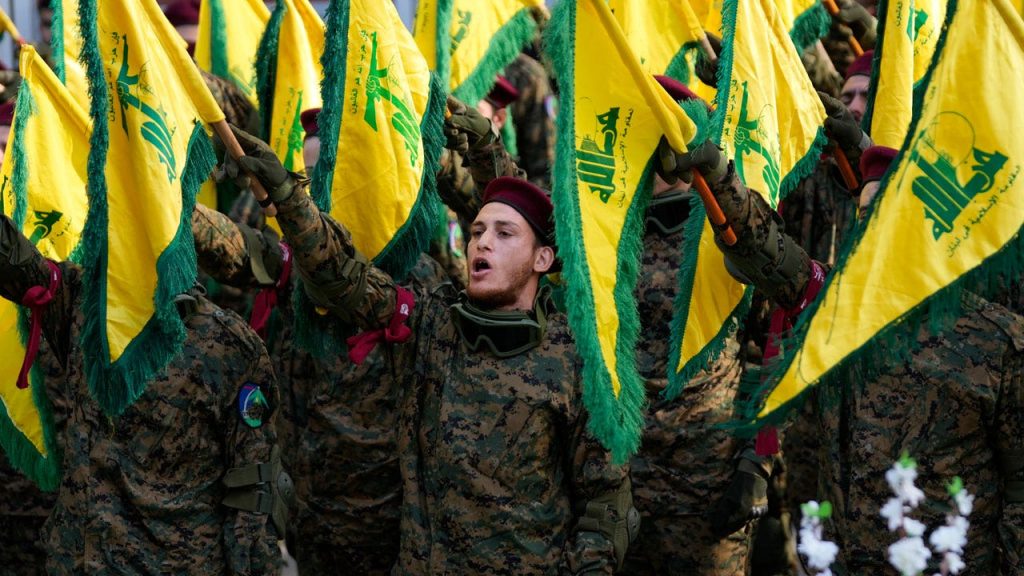The nun Maya Ziadeh was captured in a video asking young students to pray for the men of the resistance in southern Lebanon, referring to members of the Hezbollah militant group. This sparked both outrage and support, igniting discussions on Lebanon’s political divisions surrounding Hezbollah’s weapons and its role in the region. While there is broad support for the Palestinian cause, there are differences in how to provide this support and the extent of backing for Hezbollah. The nun’s speech was seen as controversial particularly coming from a Christian religious figure.
Lebanon is home to various religious groups, with the presidency allocated to a Maronite Christian, the parliament speaker to a Shiite Muslim, and the prime minister’s post to a Sunni Muslim. Hezbollah draws its main support from the Shiite community but is accused by many Christians and Sunnis of hijacking the country. Ziadeh’s call to pray for the resistance group was criticized by some for brainwashing children, while others viewed it as a message of love for the people of southern Lebanon. This incident highlighted the wider political schisms in Lebanon over the role of Hezbollah and its impact on the country.
Hezbollah’s involvement in cross-border clashes with Israel has sparked fears of Lebanon being dragged into all-out war. Critics argue that Hezbollah’s weapons pose a threat to internal peace and give the group a monopoly over war and peace decisions outside of state structures. While some believe that Hezbollah’s actions are necessary to protect Lebanon from Israeli attacks, others, even among the group’s Christian allies, are uncomfortable with its unilateral decisions to engage in conflict with Israel. Some Lebanese Shiites view Hezbollah’s actions as essential to protecting their rights and dignity.
The ongoing economic crisis in Lebanon has exacerbated tensions, with concerns that low-level conflict could become the norm, further straining the economy and society. Although there have been criticisms of Hezbollah keeping its weapons, these have been overshadowed by anger over the Israeli offensive in Gaza. Some Sunni Muslims have joined Hezbollah militants in the fight at the border, showing unity in standing up against Israel’s actions. However, the fighting has caused displacement and damage on both sides, with many Lebanese expressing a desire to avoid a full-blown war between Hezbollah and Israel.
In response to the controversy over the nun’s speech, the school emphasized the importance of respecting differing opinions but urged against discussing controversial matters during class hours. The incident highlighted the delicate balance in Lebanon between expressing support for resistance groups like Hezbollah and ensuring that differing viewpoints are respected. Overall, the situation reflects the complex political landscape in Lebanon, where religion, politics, and regional conflicts intersect, underscoring the challenges of navigating these divides within society.


